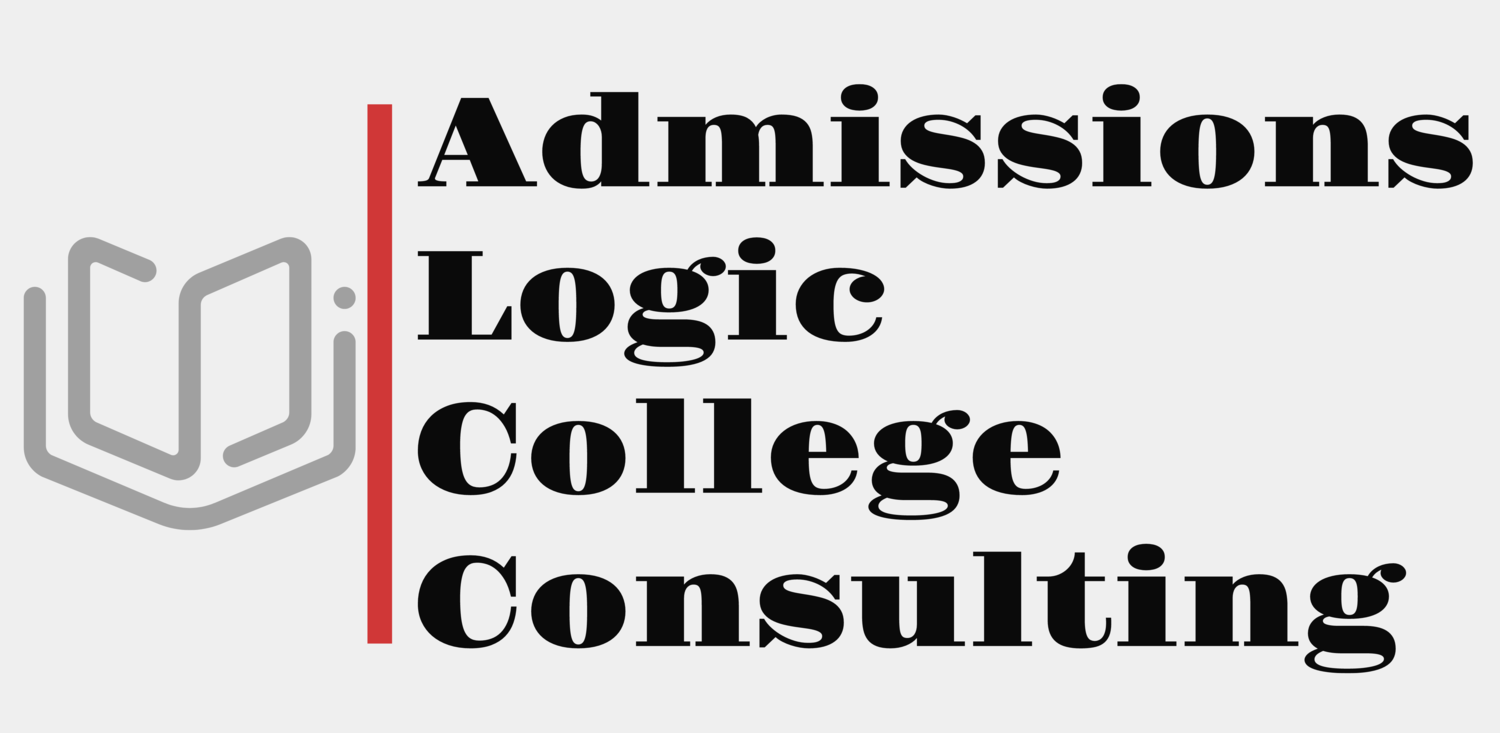Pursuing a Degree in the Arts
PURSUING A DEGREE IN THE ARTS
Many parents experience anxieties and concerns when their student wants to pursue a degree and subsequent career in the Arts. The colloquial term ‘starving artist’ often comes to mind. At the beginning of their careers many artists do work at two or more jobs to sustain themselves. However, studies show that artists have higher levels of job satisfaction and overall happiness than their counterparts who become doctors, accountants or engineers. According to a Wall Street Journal article, based on information obtained from the Strategic National Arts Alumni Project (SNAAP), most artists experience “relatively high levels of employment and satisfaction”.
Parents and students need to understand the options and opportunities that are available. An assessment by a local university music or arts program may be helpful to identify strengths and weaknesses of prospective applicants. Students who are interested in pursuing an art major in college need to consider three different types of ‘art schools’ to choose from:
· Conservatories or ‘Specialized Art Schools’ (SAS)
· Liberal Arts Colleges (LAC)
· Standard larger sized universities which have a specialized Art School or Art Program.
The advantage of an SAS is that students are immersed in their field of study whether that is music, dance, visual or performing arts. The entire focus is their passion and students are surrounded by people with the same interests – literally “their people”. Classes are typically very small and are led by people who are ‘masters’ in their field. Personal auditions are mandatory however, taped auditions may initially be required to determine if the school would even invite a student to audition. These schools are extremely competitive and selective. SAS’s are typically private and are not funded publicly, however they may receive specialized grants and have established endowments.
Public and private LAC’s offer more diversity but in a more intimate environment. A student may be able to double major, for example: in Music and Education or Drama and English; offering a wider range of opportunities than specializing in a particular field. Certain courses are required for graduation providing a well-rounded, balanced education with an emphasis in the Arts. LAC’s are smaller, less than 5000 students, with small class sizes and opportunities for interaction with faculty offering more personal relationships.
Standard universities offer a regular college experience which can include extracurricular events and opportunities such as football weekends and Greek life. The Arts ‘School’ or Program is a small community or school located within the larger university environment. Many of these Arts Schools have special names honoring a major benefactor. The diversity of opportunities at these schools is immense. Some schools such as NYU, Emerson and BU have blended programs where students attend 3 days of conservatory each week and 2 days of general academic training. Alumni networks can be extremely valuable at larger schools which have a larger alumni base.
Applications are submitted to LAC’s and universities through the standard admissions process. Auditions, portfolios and references may be required for admittance if applying to a specific Arts Program. Scholarships may also be awarded based on the material submitted including academic criteria. Admittance to the school is based on a combination of talent and academics. School websites will contain strict deadlines for college applications and portfolio or video/audio submissions.
Live auditions are an interview process for prospective candidates and are preferred to taped auditions as interviewers will sometimes offer suggestions or augmentations to incorporate into the audition. Sometimes schools (especially in the post Covid-19 environment) may allow video conferencing. National Unified Auditions (Unifieds) are musical theatre auditions held every year in January and February in three cities (typically New York City, Chicago and Los Angeles) for approximately 30 schools offering undergraduate BFA programs in theatre.
Audition pieces are typically performed for an admissions committee who is looking to identify a candidate’s artistic growth, strengths, and weaknesses. The audition piece should be well prepared and portray a candidate in a manner consistent with the candidate’s personality, body type, and range and tone of voice. The candidate should have good energy and enthusiasm. Performance preparation is key including school and community participation. Most high school applicants begin reading plays prior to and during their Junior year in high school to allow adequate preparation time once they have selected an audition piece. Dancing and choreography are necessary and candidates have a much better opportunity for admittance if they are a ‘triple threat’ having talent in voice, drama and dance.
Portfolios should include observational and personal artwork utilizing various mediums. Some schools may want to see sketchbooks which provide ‘visual communication’ and demonstrates engagement on multiple platforms. All submitted work should be documented and saved for copyright purposes and only the requested number of samples should be sent. Consistent with all Art School Programs, academics can qualify students for merit-based scholarships. Admissions personnel are searching for success within an academic environment. Schools may inquire as to what activities candidates have been engaged in to further their training and develop their art skills.
In determining where a student should attend school, a campus and program visit are critical. Request to audit or observe classes and be comfortable with the overall school environment. Research the reputation of the school ensuring that quality programs are being offered. And finally, always consider a school’s opportunities to obtain financial aid and merit-based scholarships. Finding the ‘right fit’ is crucial for a student’s success.
© ADMISSIONS LOGIC COLLEGE CONSULTING LLC 303-877-8187 www.admissionslogic.com
P.O. Box 203, Niwot, CO 80544 barb@admissionslogic.com




